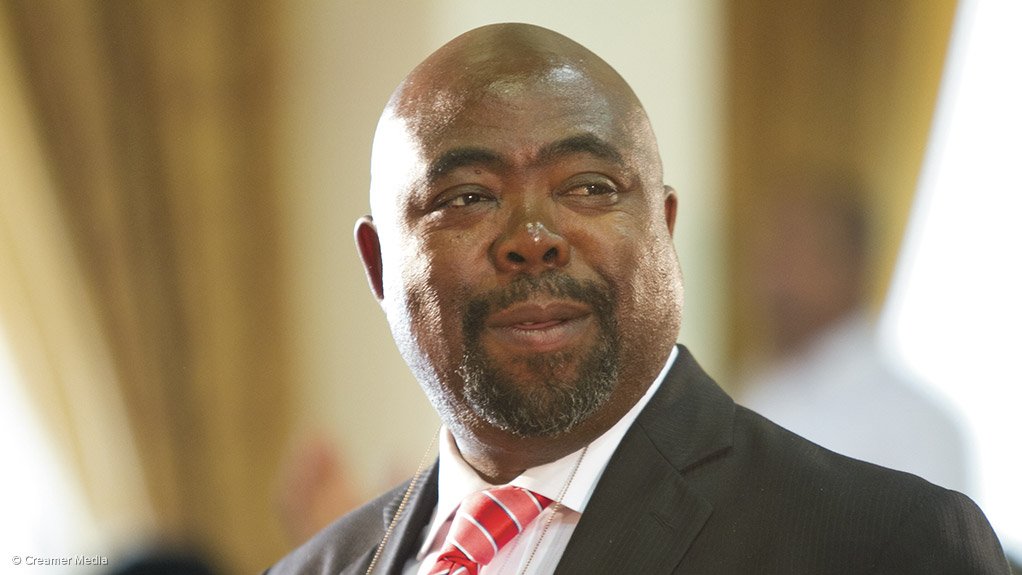Public Works Minister Thulas Nxesi has established a task team comprising construction and property industry stakeholders to develop concrete, workable plans to accelerate transformation in the built environment and establish processes to monitor and evaluate its implementation.
The former trade unionist told the second Project and Construction Management Professions Conference, in Midrand, on Tuesday, that there had emerged a “mounting sense” that the industry’s charter councils had been frustrated in their work by “noncompliance and noncooperation” and that, in general, the pace of transformation had been too slow.
Taking cognisance of these concerns, Nxesi met with industry stakeholders the day after his Budget Vote speech, in Cape Town, in July, to analyse the progress of, and barriers to, transformation in the construction and property sectors and drive a debate in the sectors around possible solutions.
He had since formed a task team that included representatives from the South African Council for Project and Construction Management Professions, the Black Business Council and the Department of Public Works (DPW) policy branch to coordinate the development of an industry-specific transformation programme and plan.
“I am looking at a five-year timeframe for this with measurable milestones. The task team will report to me on a quarterly basis and make proposals to unlock barriers to transformation, at which point we will consult widely with stakeholders in the sector before finalising a programme of action,” he outlined.
Nxesi said transformation “must” include support for black and female contractors and property practitioners, as well as accelerate the production of black and female professionals in the built environment disciplines.
“We cannot be complacent that only 24% of built environment professionals are black and only 9% female.
“The recent publication by the Department of Trade and Industry of the long-awaited black economic-empowerment codes for small businesses will assist, but only if there is speedy implementation and compliance,” he commented.
CLEANING HOUSE
Nxesi, meanwhile, also made mention of the DPW’s continued efforts to “put its house in order” saying the department was “getting to grips” with previous problems of poor financial management and noncompliance.
Noting that the Auditor-General’s findings in respect of the DPW had improved “dramatically”, the Minister outlined that the DPW’s Main Budget Vote had moved from a disclaimed audit opinion in 2011/12 to an unqualified opinion in 2013/14.
Similarly, the department’s Property Management Trading Entity moved from a disclaimed audit opinion in 2011/2012 to a qualified audit opinion in 2013/14.
“We achieved this by in-sourcing skills that we did not have and by using the opportunity to grow our own timber [internally].
“As we put our house in order as the DPW, we can then focus more energy on our core mandate; which is to better manage the State’s immovable assets and [improve] the regulation of the built environment,” he held.
DELAYED PAYMENTS
Notwithstanding Nxesi’s emphasis on attempts to internally transform the department, dissatisfaction emerged from the conference floor around extended delays in the payment of invoices due to contractors by the department.
One contractor outlined that he was still owed some R25-million from government for work he had completed in 2010.
The Minister, however, assured delegates that the department had taken a firm stance on the nonpayment of invoices owed, saying the DPW had implemented “consequential” employment contracts for those managers responsible for payments.
“They won’t get away with it. However, a lot of the time, the nonpayment is owing to the contractors themselves not making the correct submissions, so its not always the department’s [fault],” he observed.
EMAIL THIS ARTICLE SAVE THIS ARTICLE
To subscribe email subscriptions@creamermedia.co.za or click here
To advertise email advertising@creamermedia.co.za or click here











